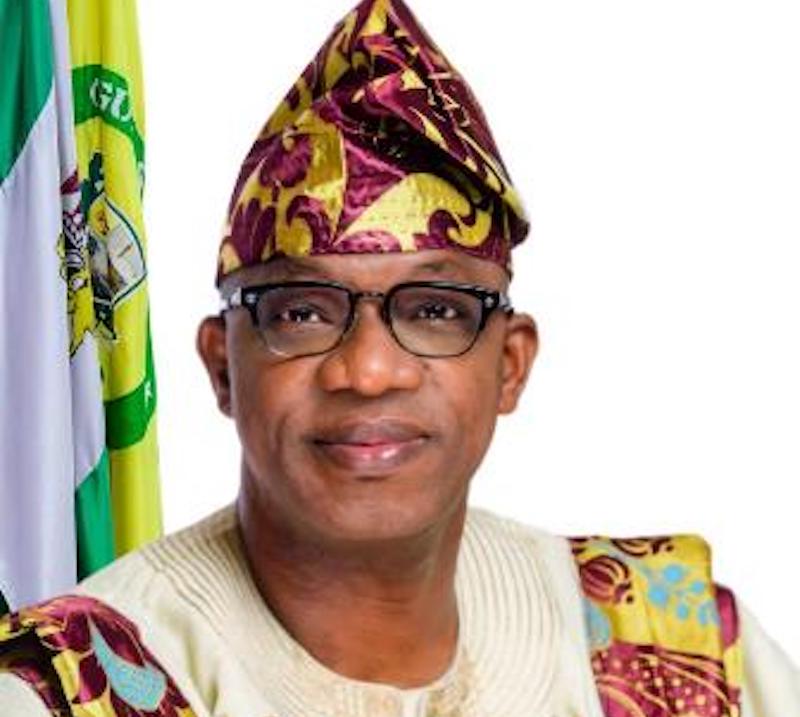EFCC Records 646 Convictions, Recovers More Than N11 billion In 10 Months
The Economic and Financial Crimes Commission (EFCC) says it recorded 646 convictions and recovered more than N11 billion in monetary assets this year, despite the restriction imposed by the Covid-19 pandemic.
The spokesperson of the commission, Mr Wilson Uwujaren, said in a statement that the Senate Committee had expressed the desire of the Upper Legislative House to see a reformed and rebranded EFCC.
This, according to the committee, will help in its fight against corruption, economic and financial crimes in the country.
Sen. Suleiman Kwari, the Chairman of the Committee, advised that 90 per cent of investigation should be done before “arrest is effected”.
He added that “media hype must stop. If you want to be effective forget the media, do the work and let your work speak for you.”
Kwari disclosed that the 9th Senate is determined to see that there is a constant flow of information and engagement between the Senate and the EFCC.
Sen. Aliyu Wamakko, the Deputy Chairman of the Committee, expressed concern on the Commission’s lean budgetary allocation for legal fees, noting that there must be adequate provision for legal fees in the EFCC budget for effective prosecutions.
Mr Uwujaren quoted the EFCC boss, Umar, as telling the Senate Committee that the Commission has earned the confidence and trust of Nigerians because of its unblemished professional disposition.
“The EFCC is doing remarkably well above all other law-enforcement agencies in the country and that is why the UNODC and National Bureau of Statistics in the 2017 survey they conducted ranked EFCC as the most effective government agency in Nigeria,” Umar said.
Reacting to the issues of seized vehicles by the Commission, Abba expressed pain at the deteriorating state of assets in the custody of the EFCC.
“We are working on this challenge and I am sure the Attorney General of the Federation is coming out with a gazette so that this issue will be a thing of the past. It involves not only vehicles but also landed properties,” he said.
The EFCC boss also weighed in on concerns expressed by the legislators on the waning impact of the Whistle-blowing policy of the federal government, blaming the situation on mischief and misinformation by members of the public who turned it to a tool for settling personal scores.
“It is true that the whistle-blowing policy has gone awry, unlike what it was at the beginning of the policy, where we received several reports from whistle-blowers.
“People started being mischievous with the policy. So we have to tread carefully as people turned it into a personal vendetta tool against individuals,” he said.
He, however, revealed that the policy was being fine-tuned by the Ministry of Finance to make it more efficient.
The EFCC boss used the occasion to acquaint the legislators with the challenges confronting the agency, including the lack of adequate personnel and office accommodation, especially in the Commission’s zonal offices), and the lack of internet facility, Information and Communication Technology equipment, among others.
He canvassed for the support of the committee in overcoming these challenges through appropriation.





